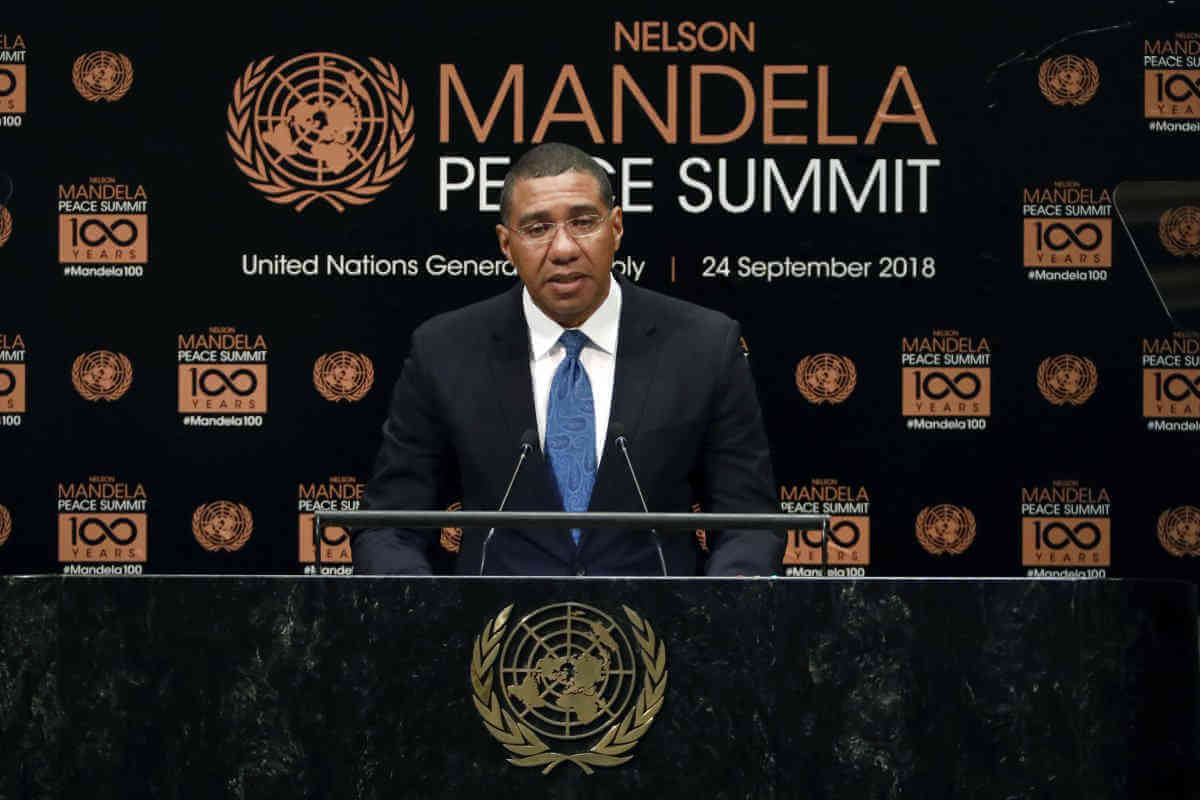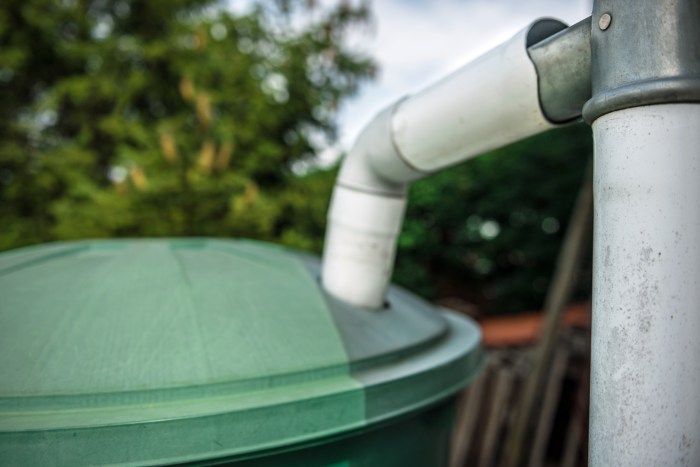Outside of Jamaica, very few people in the 15-nation Caribbean Community could, perhaps, properly process and ingest an announcement by a regional prime minister that authorities are working assiduously to bring down the annual murder rate to around 1,000, calling it an achievement if this is done.
But this is the actual, living dilemma of Prime Minister Andrew Holness as his cabinet has declared yet another state of emergency on the island, this time confining it to perennially troublesome parts of the Kingston-St. Andrew corporate and nearby township areas.
The limited state of emergency is government’s way of responding to a spike in the murder rate in the south of the island, coming on the back on a similar move in the trendy tourist paradise of Montego Bay and related areas in the past year where there were so many murders that authorities said they were forced to act to save the lifeline tourist industry. There were more than 1,600 murders last year.
So police and soldiers have stepped up patrols in the downtown areas and have so far arrested about 200 people, processing and releasing those with whom they have no beef but nevertheless keeping an eye on them and the people they associate with normally.
As curfew hours are being enforced, the US embassy has put out its usual warnings to Americans, telling them not to rest arrest or protest any inquiries from police and the military.
“Expect to encounter increased police and military presence, checkpoints, and searches of persons and vehicles within the state of emergency area. Businesses and public places in these areas will have restricted hours of operation. The areas affected by this state of emergency declaration were already off-limits to embassy personnel,” the travel advisory stated.
Holness called an emergency press conference earlier in the week to indicate that authorities would use every tool in their power to arrest this spike in murders, armed robberies and other crimes, noting that the SOE “is but one tool that is forward facing that the public sees, but there are other things that the government is doing that are already bearing fruit.
The intention, he told reporters, is to bring the murder rate to under 1,000 this year, noting that this year’s figure has already been reduced by a whooping 245 killings compared to the same period last year.
“Once we get to that point, we start to get Jamaicans believing that 1,000 murders is not normal – 1,000 is actually abnormal – then we can have the public support necessary and we can start to have the information flow necessary to support the work that we are doing. We are improving its intelligence, improving its surveillance capabilities, and we are making a major impact on crime.”
Jamaica has for decades held the undisputed title of the murder capital of CARICOM, but a serious spike in Trinidad has put that country in contention to proportionately challenge Reggae land for the title if numbers aren’t reduced in a hurry.
The current limited clampdown is scheduled to last for two weeks but police say its termination will of course be guided by the level of progress made during the period under review.
Meanwhile, Security Minister Horace Chang says something has to be done to reduce the number of children being killed as the 35 for the year so far are way unacceptable.
“That is a particularly worrying thing. I have had brief discussions with both the commissioner and the permanent secretary on what are some of the additional things which we can do to provide some kinds of incentives to begin to get reports of incidents of abuse and criminal action against children. We need to do more. Because 34 murdered up to September 15 are certainly unacceptable to all of us. It reflects a kind of brutality that has emerged,” Chang contended.
Police and soldiers have taken about 15 illegal weapons off the stress since Sunday and there is a 9 pm curfew for restaurants, taverns, churches, petrol stations, supermarkets and other business places.

























